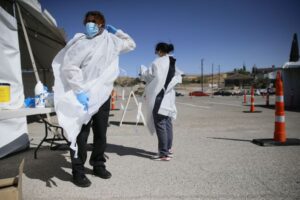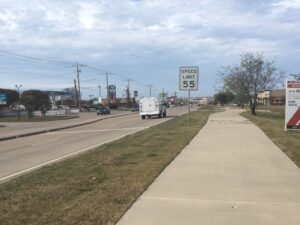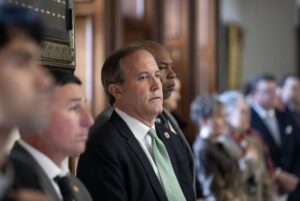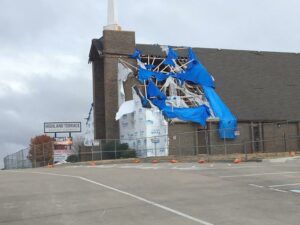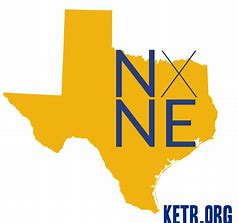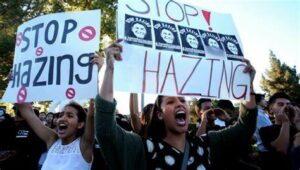By JOHN KANELIS / johnkanelis_92@hotmail.com
When does a year seem like a lifetime, or even several lifetimes?
When it has been consumed by disease, death and dysfunction.
So it has been around here for the past year living under the shadow of the COVID-19 pandemic. It’s only been a year but to my sensibility it seems as though it’s been with us for a whole lot longer than that.
Too much has happened in Texas during that year, but it’s worth remembering how it tracked here, just as it has throughout much of the rest of the nation.
In just one year 45,000 or so Texans have died from the virus. Do you remember when the president of the United States told us when it would “disappear, like magic” when we had just a handful of reported cases? Yeah, it didn’t work out that way.
Our governor, Greg Abbott, was whipsawed by politics as he sought to find a strategy to help us battle this disease. He placed statewide mandates, closing businesses, ordering us to stay away from each other, ordering us to wear masks when we went indoors. Then he relaxed those orders. Oops! Then the virus spiraled upward, forcing Abbott to put the orders back into effect.
Ahh, but now we’re back to opening up again. Abbott says Texans know enough to follow the guidelines set by the Centers for Disease Control and Prevention, that we don’t need to be told to wear masks while indoors. Actually, too many of us still need to be told to do the right thing. With that I am going to hope that Abbott hasn’t jumped the gun prematurely yet again.
The Texas Tribune has published a fascinating chronology over the past year, charting the ups and downs of the virus as it has affected Texas.
COVID-19 killed more than 45,000 in Texas in the last year | The Texas Tribune
Where do we go from here? That remains to be seen. We’re getting vaccinated now at an increasing rate. My wife and I are among the Texans who have been “fully vaccinated” and for that we are grateful. Are we shucking our masks and standing shoulder-to-shoulder with strangers at the grocery store? Hardly. We’re continuing to do what we have been advised to do for the past year and our intention is to keep doing it until we are certain the coronavirus has been eradicated.
The Texas Legislature is meeting for the next several weeks to deal with pressing issues of the day, chief among them is electrical infrastructure that needs repair. You remember that monstrous winter storm, yes?
Legislators also must chart a healthier path for Texans moving forward. Yes, there remains a state option to complement the federal strategy being implemented by President Biden and his medical team of experts.
Overall, though, is the belief among us all that we shouldn’t lose faith, nor should we lose patience as we continue to fight through this pandemic. It’s not over. I will not say for certain whether it’s close to being over. We might still have to live through yet another lifetime to welcome that day.
NOTE: This blog was published initially on KETR.org, affiliated with KETR-FM public radio at Texas A&M University/Commerce.
